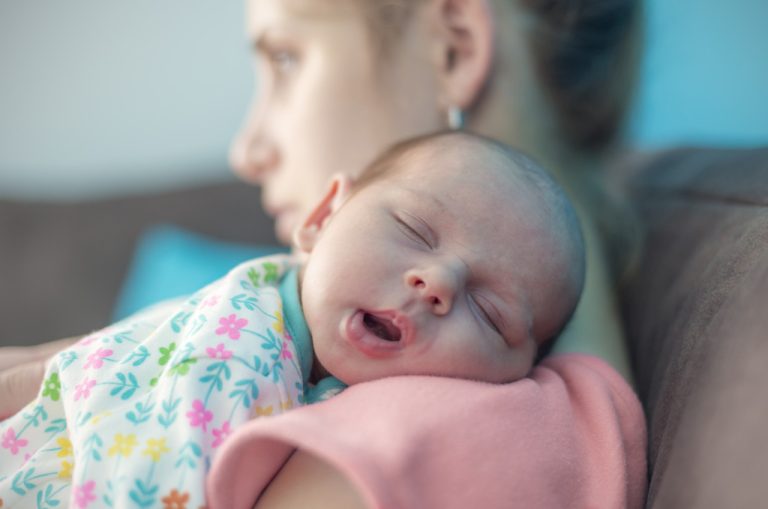After having a baby, it’s easy to let your health fall by the wayside. You’re so focused on caring for your little one that you forget to take care of yourself. According to the American College of Obstetricians and Gynecologists, postpartum women are at an increased risk for developing chronic conditions such as obesity, hypertension, and diabetes.
However, it’s essential to keep up with your health after pregnancy to be around your child and set an excellent example of how to live a healthy lifestyle. Here are some postnatal things you can do to keep up with your health.
1. Eat a healthy diet.
Letting your diet slide when you’re busy caring for a baby is easy. But it’s crucial to eat a healthy diet post-pregnancy so that you can maintain your energy levels and support your health and the health of your breastmilk if you’re breastfeeding. Make sure to eat plenty of fruits, vegetables, and whole grains, and limit sugary and processed foods.
Some breastfeeding mothers worry that they need to eat more calories than before pregnancy, but this isn’t necessarily the case. You may just need to pay more attention to eating nutrient-rich foods rather than worrying about calories. Some excellent nutrient-rich foods for breastfeeding mothers include salmon, nuts, and leafy greens. Ask your doctor about taking a daily multivitamin if you’re breastfeeding.
2. See your doctor regularly.
Even though you’re no longer pregnant, you must see your doctor for regular checkups. They can make sure that you’re staying healthy and answer any questions or concerns you may have about postpartum life. Many doctors recommend that you schedule a postpartum visit six to eight weeks after giving birth.
Additionally, you want to visit your local dentist for a cleaning and checkup. Pregnancy can cause an increase in gum disease, so taking care of your teeth and gums is essential. Some dental insurance plans cover two cleanings per year, so check to see if yours does. This is especially important if you’re breastfeeding because gum disease can lead to bacteria entering your breast milk and making your baby sick.

3. Get enough sleep.
It’s no secret that new parents are often sleep-deprived. However, it’s essential to get enough sleep to recharge your batteries and be alert when you need to be. If possible, nap when your baby naps so that you can catch up on some much-needed rest.
You can also do a few things to promote better sleep, such as avoiding caffeine in the afternoon and evening, establishing a bedtime routine, and creating a dark and quiet environment in your bedroom. You can also try sleeping in a comfortable nursing bra to support your breasts and prevent leaks. If you’re still struggling to get enough sleep, talk to your doctor about possible solutions.
4. Exercise regularly.
Just like it’s important to eat a healthy diet, it’s also essential to exercise regularly after you have a baby. Exercise will help you lose any pregnancy weight you may be carrying around, and it will also help improve your mood and give you more energy. A brisk walk around the neighborhood is a great way to get started.
You may also want to consider joining a gym to take advantage of all the different equipment and classes they offer. If you plan on losing a lot of weight, you may want to work with a personal trainer to help you reach your goals safely and effectively. But you should always check with your doctor before starting any new exercise routine because you want to ensure it’s safe for you and your baby.
5. Take care of your mental health.
It’s not uncommon for new mothers to experience some form of postpartum depression. This can be caused by various factors, including sleep deprivation, hormone changes, and the stress of caring for a new baby. If you’re feeling down, make sure to talk to your doctor so that he or she can help you find the right treatment.
In the meantime, you can do a few things to help improve your mood, such as exercising regularly, getting enough sleep, and eating a healthy diet. You may also want to consider talking to a therapist or joining a support group for new parents. Staying hydrated is also important because dehydration can cause fatigue and irritability.
Taking care of yourself after pregnancy is crucial for your health and sanity. By following the tips above, you’ll be well on your way to keeping up with your health post-pregnancy. Always consult your doctor before making any major changes to your diet or exercise routine. And don’t be afraid to ask for help when you need it!

